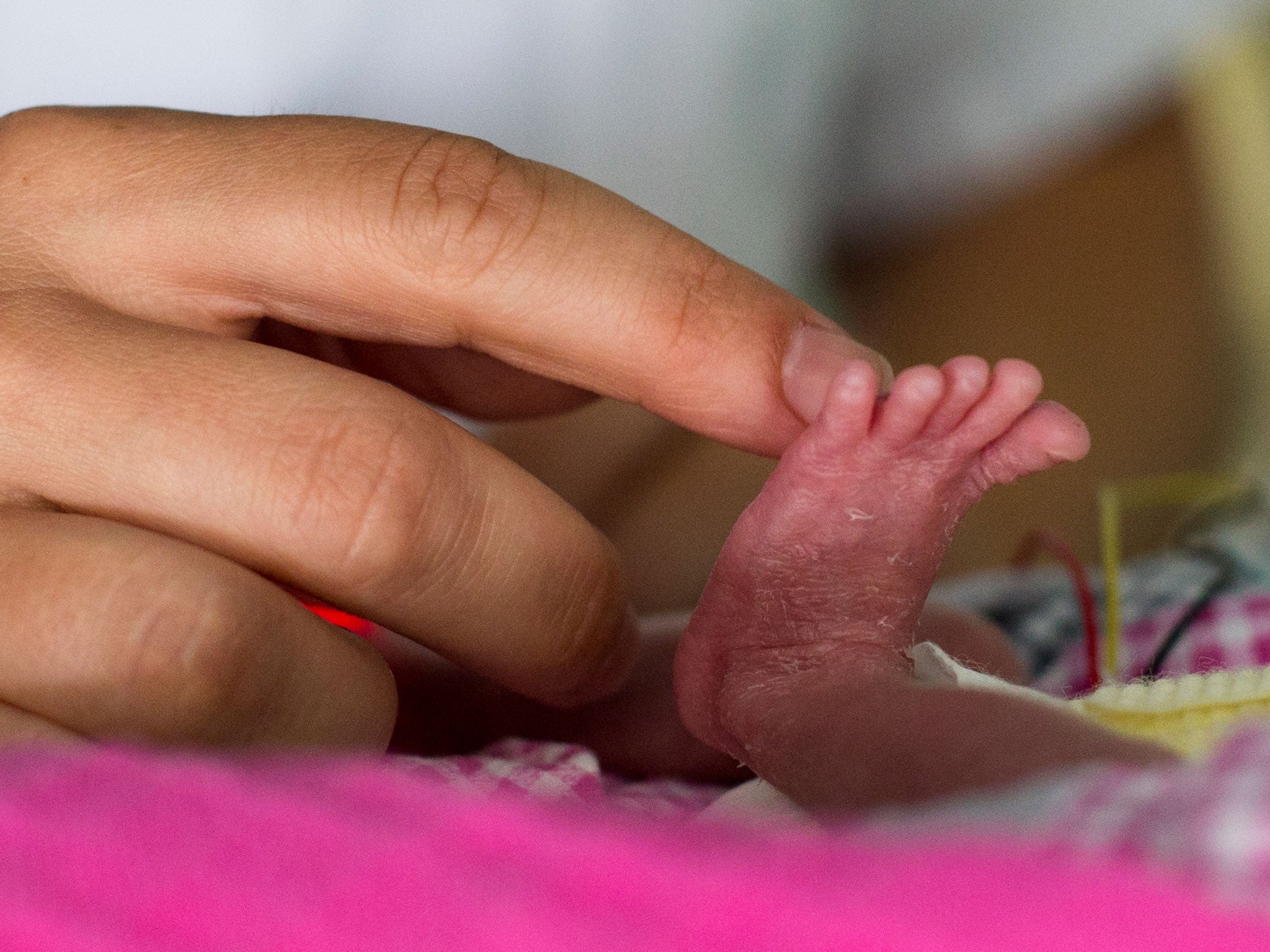Depression in expectant fathers linked to premature births
Previous studies have shown links between depression in pregnant women and premature births

Your support helps us to tell the story
From reproductive rights to climate change to Big Tech, The Independent is on the ground when the story is developing. Whether it's investigating the financials of Elon Musk's pro-Trump PAC or producing our latest documentary, 'The A Word', which shines a light on the American women fighting for reproductive rights, we know how important it is to parse out the facts from the messaging.
At such a critical moment in US history, we need reporters on the ground. Your donation allows us to keep sending journalists to speak to both sides of the story.
The Independent is trusted by Americans across the entire political spectrum. And unlike many other quality news outlets, we choose not to lock Americans out of our reporting and analysis with paywalls. We believe quality journalism should be available to everyone, paid for by those who can afford it.
Your support makes all the difference.Depression in expectant fathers has been linked to babies being born prematurely, according to a new study.
Scientists in Sweden conducted the study in order to better understand the effects of depression in men on their unborn children, following evidence linking women’s mental health with premature birth.
The team who carried out the study published in the 'BJOG: an International Journal of Obstetrics and Gynaecology' studied over 350,000 births between 2007 and 2012, focusing on extremely premature births between 22 and 31 weeks, and moderate from 32 to 36 weeks.
Parents were defined as clinically depressed if they had taken anti-depressants or received hospital treatment for the condition in the 12 months before the child was conceived or the second trimester of pregnancy.
The evidence showed that women who experienced new or recurrent depression were 30 to 40 per cent more likely to give birth to a moderately premature baby.
Researchers also found a link between men newly diagnosed with depression and a 38 per cent rise in the risk of very premature birth.
However, recurrent depression in men was not linked with premature birth.
Professor Anders Hjern, from the Centre for Health Equity Studies in Stockholm, said depression in a partner could be a "substantial" source of stress for an expectant mother, which could result in the risk of a preterm birth.
"Paternal depression is also known to affect sperm quality, have epigenetic effects on the DNA of the baby, and can also affect placenta function. However, this risk seems to be reduced for recurrent paternal depression, indicating that perhaps treatment for the depression reduces the risk of preterm birth," he said.
Dr Patrick O'Brien, an obstetrician and spokesman for the Royal College of Obstetricians and Gynaecologists (RCOG), described the research as interesting, but said that further research is needed to establish the mechanism behind the results.
He also stressed that those who believe they have depression to seek help.
"We encourage anyone, and particularly those planning a family or who are pregnant, and are experiencing a change in mood, irritability or anxiety to seek advice. No-one should suffer in silence - there is help and support available."
The NHS recommends that those who feel depressed - defined by feeling persistently sad for weeks or months - should visit a doctor in order to begin treatment as soon as possible.
Join our commenting forum
Join thought-provoking conversations, follow other Independent readers and see their replies
Comments